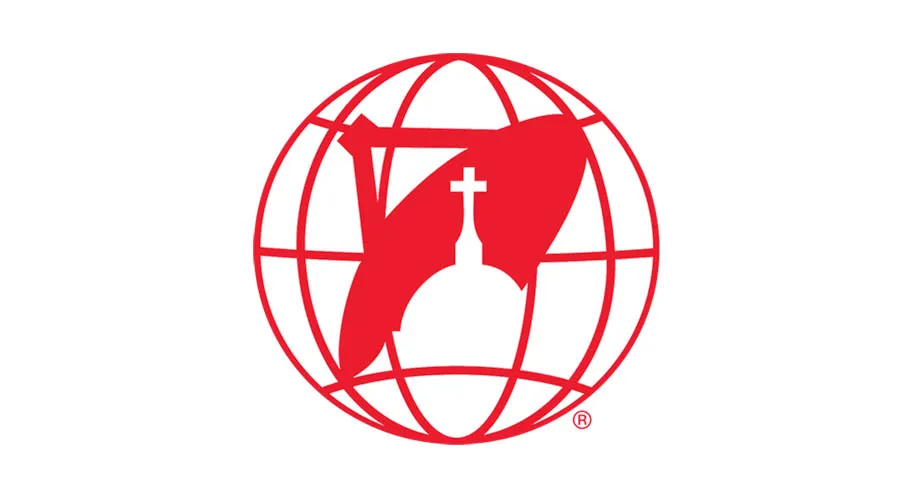CNA Newsroom, 29 December, 2023 / 8:57 pm (ACI Africa).
On the eve of the first anniversary of Pope Benedict XVI’s death, his biographer, Peter Seewald, raised serious concerns about how Pope Francis is managing the legacy of his predecessor.
“Benedict trusted Francis. But he was bitterly disappointed several times,” Seewald said in an interview published Dec. 27.
Pope Francis may have written “nice letters” to his predecessor and described him as a “great pope,” Seewald told the New Daily Compass. However, in practice, he said, he has “erased much of what was precious and dear to Ratzinger.”
“If you really speak of a ‘great pope’ out of conviction, shouldn’t you do everything you can to cultivate his legacy? Just as Benedict XVI did with regard to John Paul II? As we can see today, Pope Francis has, in fact, done very little to remain in continuity with his predecessors,” Seewald said.
Instead, the South American and Jesuit pope wanted to erase much of “what was dear to Ratzinger,” according to the Benedict biographer.








